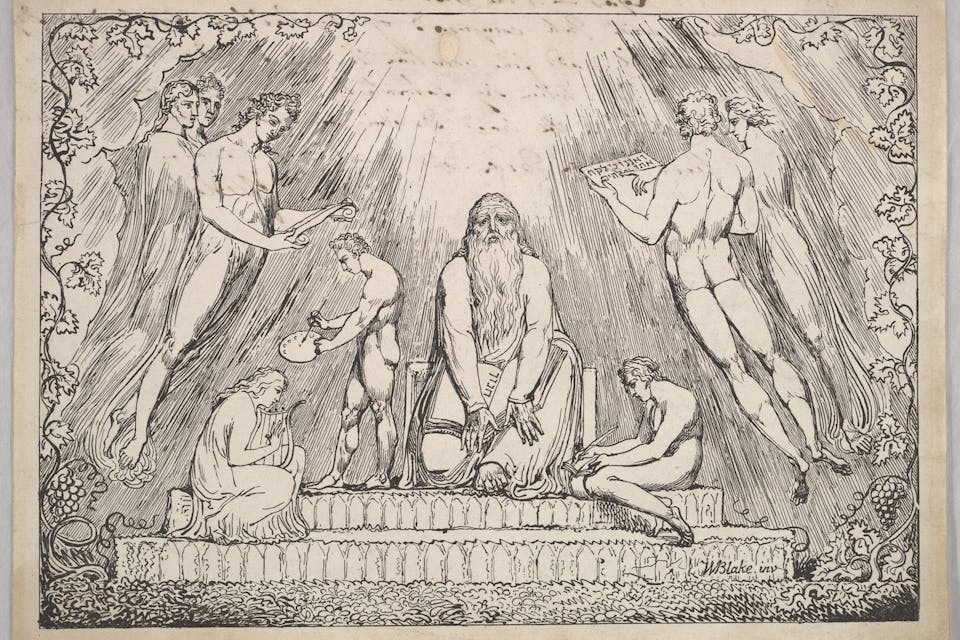
August 4, 2020
Did Jews Really Believe There Were Two Gods in Heaven?
That's the contention of a new book by a major historian of ancient Judaism. It deserves serious attention, but it also overstates its case.
For the Son of Man will come in the glory of his Father with His angels, and then he will repay everyone according to his deeds. Truly I say to you, there are some standing here who will not taste death before they see the Son of Man coming in his kingdom.
And one group of them will look at the other;
and they will be terrified and will cast down their faces,
and pain will seize them when they see that Son of Man sitting on the throne of his glory.
And the kings and the mighty and all who possess the land
will bless and glorify and exalt him who rules over all, who was hidden.
For from the beginning the Son of Man was hidden,
and the Most High preserved him in the presence of his might,
and he revealed him to the chosen. . . .
And all the kings and the mighty and the exalted and those who rule the land will fall on their faces in his presence;
and they will worship and set their hope on the Son of Man,
and they will supplicate and petition for mercy from him.
One of the passages above is Jewish, and the other Christian. But which is which? Readers can surely be forgiven if they are not confident of an answer. For all the differences between Judaism and Christianity on the issue of the identity of the messiah, the two passages clearly come out of the same world of thought. This conceptual compatibility, in turn, suggests that the perception of profound differences, if not diametric opposition, between Jewish and Christian messianic theologies is ill-informed and does not conform to the historical record—or at least the historical record at the time Christianity arose.
In fact, the first passage is from the New Testament (Matthew 16:27–28) and purports to be the words of Jesus himself. The second is from a Jewish text found in First Enoch (62:5–9) and written a very few decades before or after Jesus’ birth. Like almost all the Jewish literature dating from those decades, First Enoch is not included in the Jewish scriptural canon that we now have, nor, apparently, was it known to the rabbis who were to leave us the Talmud centuries later. Contemporary Jewish readers can be readily pardoned if the book and its worldview seem foreign to them.